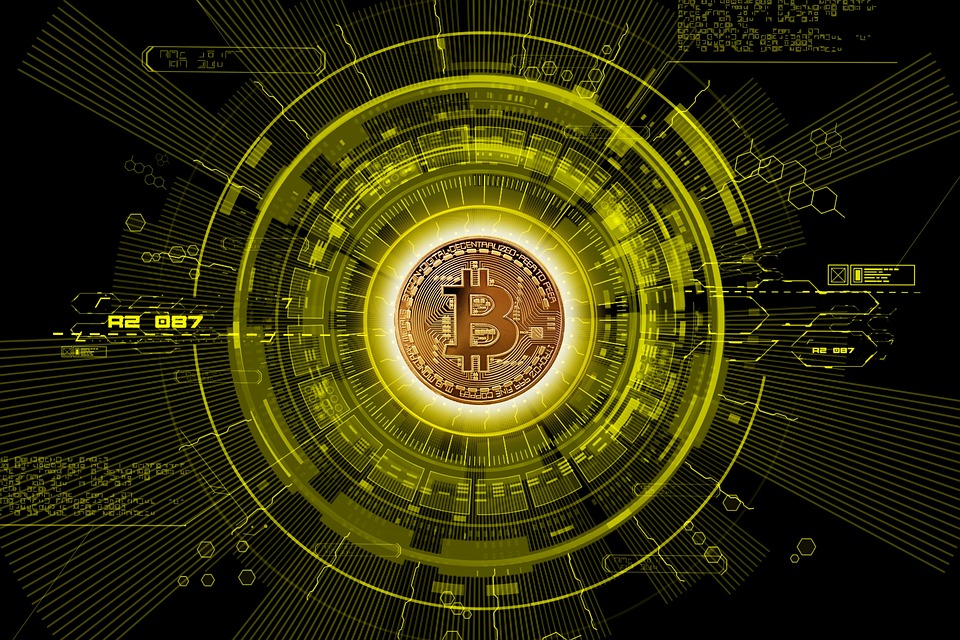Blockchain technology has been making waves in the world of data protection, offering a new level of security and transparency that has the potential to revolutionize how we store and transfer sensitive information. Originally developed as the underlying technology for cryptocurrencies like Bitcoin, blockchain is a decentralized and distributed ledger system that records transactions across multiple computers in a way that is secure, verifiable, and tamper-proof.
One of the key features of blockchain technology is its immutability. Once a transaction is recorded on the blockchain, it cannot be altered or deleted without the consensus of the entire network. This makes it virtually impossible for hackers to manipulate data or carry out unauthorized transactions. Additionally, the decentralized nature of blockchain means that there is no single point of failure, making it extremely difficult for cybercriminals to breach the system.
Blockchain also utilizes cryptographic techniques to secure data, ensuring that information is encrypted and can only be accessed by authorized parties. Each block in the blockchain contains a unique hash that is linked to the previous block, creating a chain of blocks that is incredibly hard to hack. This added layer of security gives users peace of mind that their data is safe from prying eyes.
Furthermore, blockchain technology is transparent and auditable, allowing users to track the history of transactions and verify the authenticity of data. This level of transparency is especially crucial in industries like finance, healthcare, and supply chain management, where accurate and secure record-keeping is essential.
In the realm of cybersecurity, blockchain is changing the game by offering a more secure and efficient way to protect data. Traditional centralized databases are vulnerable to hacks and breaches, as they rely on a single point of control that can be targeted by cyber attackers. With blockchain, data is stored across a network of computers, making it much harder for hackers to infiltrate and compromise the system.
Moreover, blockchain technology is also being used to combat fraud and ensure the integrity of digital identities. By creating a decentralized system for identity verification, individuals can have more control over their personal information and can securely share their data with trusted parties.
Overall, blockchain technology is transforming the way we think about data protection and cybersecurity. Its decentralized, transparent, and secure nature provides a powerful tool for safeguarding sensitive information and reducing the risk of cyber attacks. As more industries adopt blockchain technology, we can expect to see even greater advancements in data security and privacy in the years to come.




